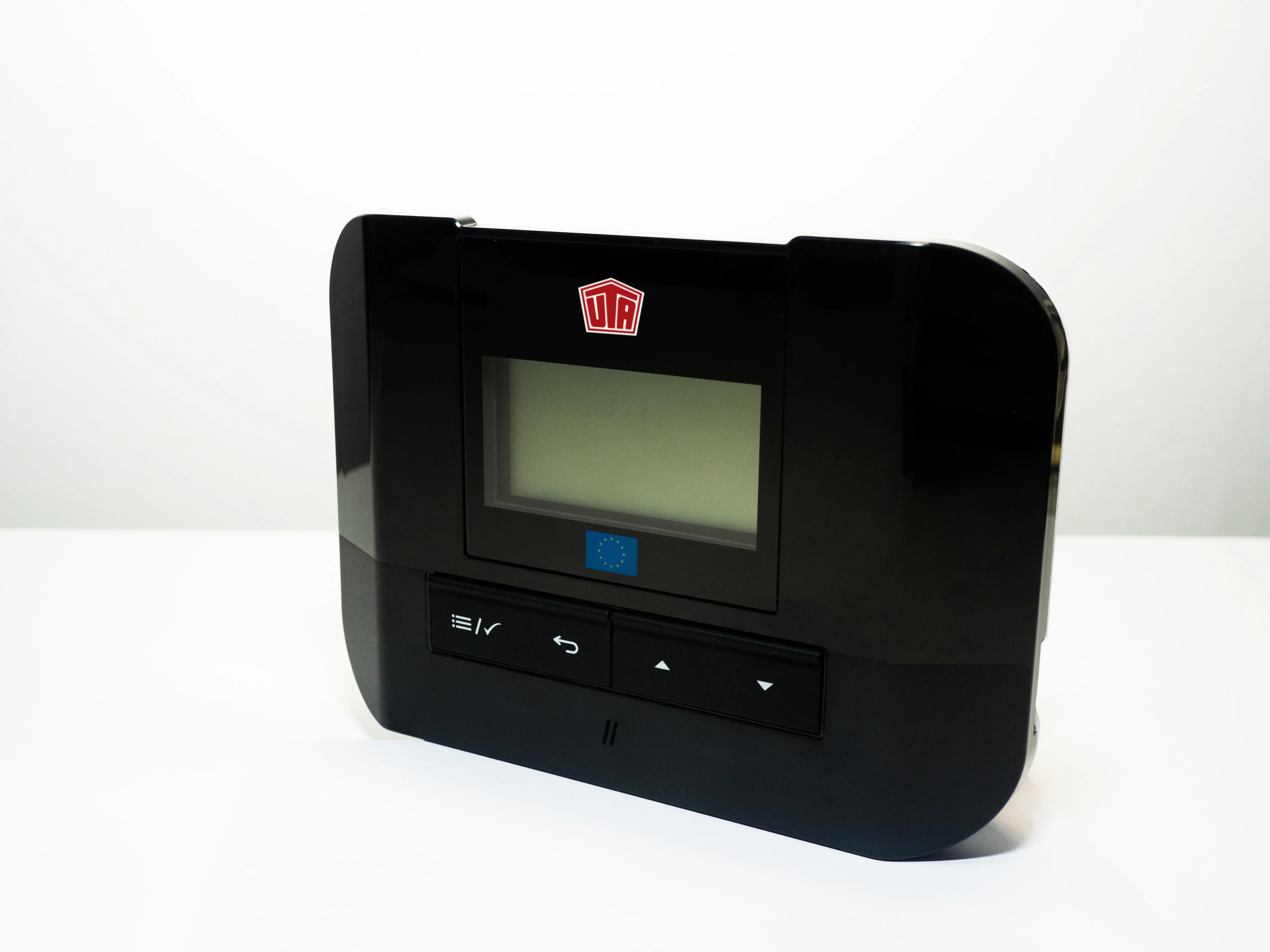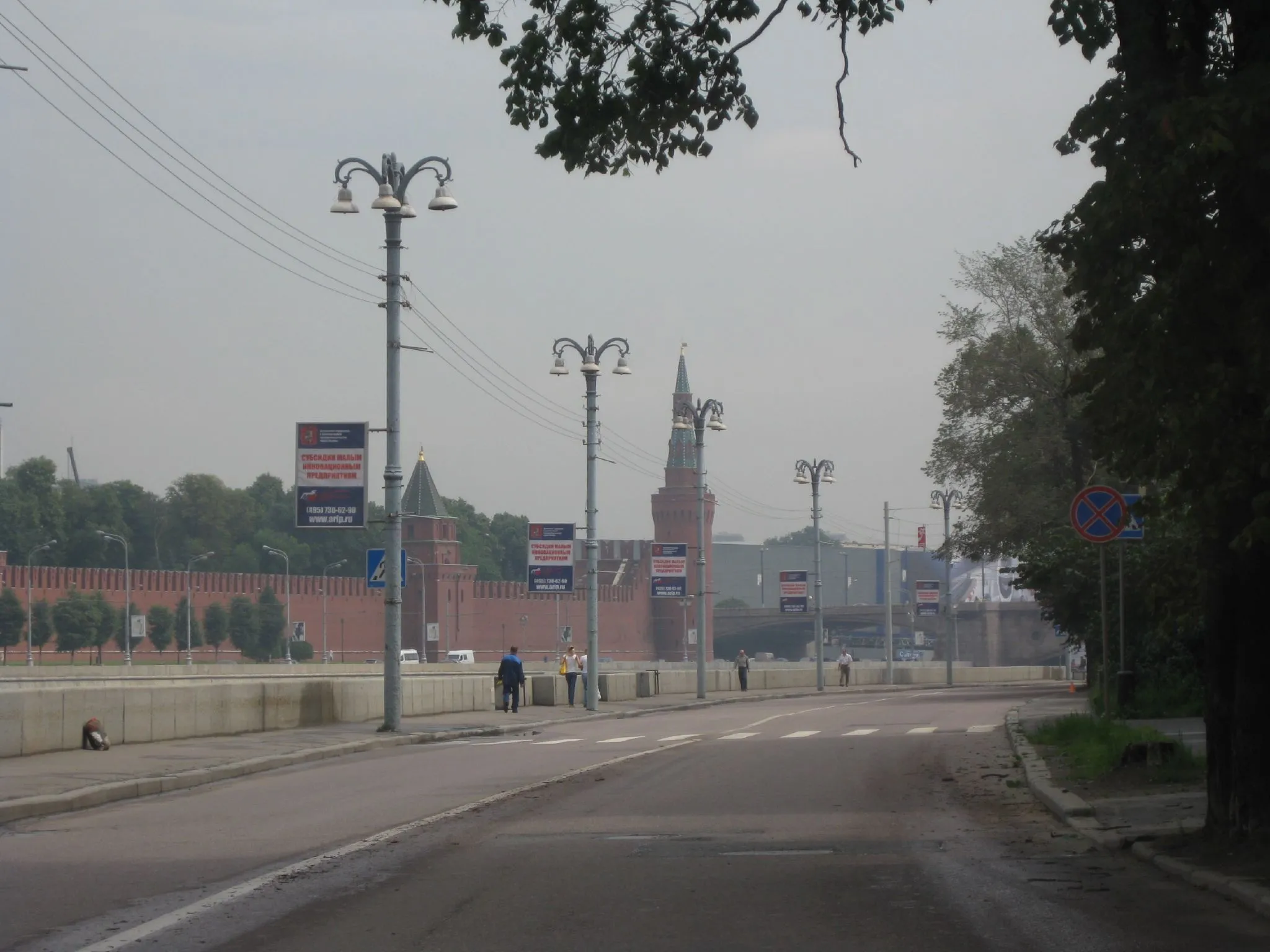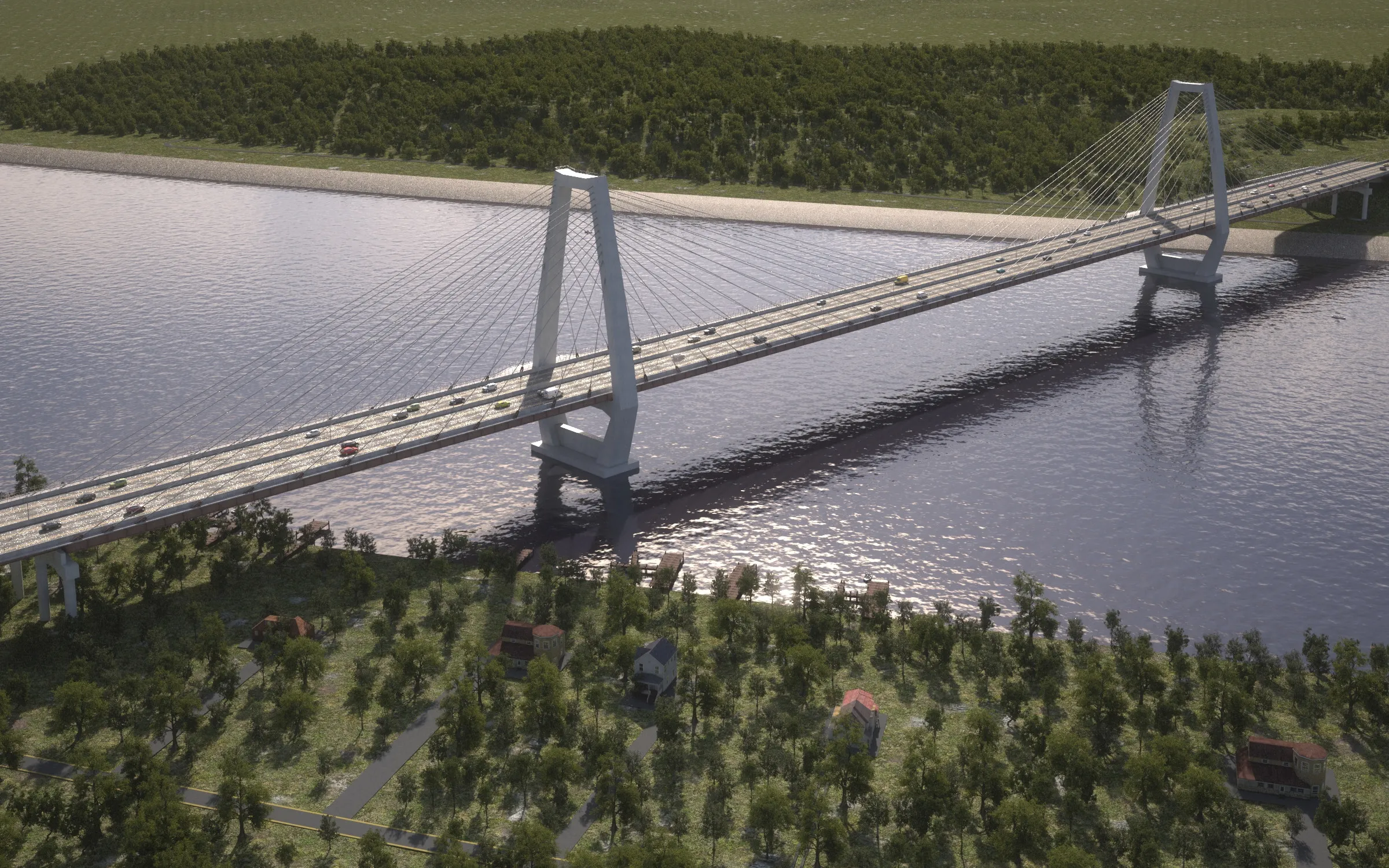The Ministry of Public Works in Indonesia has allocated US$5.33 billion (IDR 50.35 trillion) for a development master plan set to include improvements to vital access and toll roads. Among the projects in the Acceleration and Expansion of Economy Development master plan up until 2014 are access roads from Nabire to Narotali; from Manokwari to Sorong in Papua; from Sei Mangke to Kuala Tanjung in North Sumatra; and from Tanjung Priok to the Metropolitan Priority Area. It also includes the Cileunyi-Sumedang-Da
December 4, 2012
Read time: 2 mins
The Ministry of Public Works in Indonesia has allocated US$5.33 billion (IDR 50.35 trillion) for a development master plan set to include improvements to vital access and toll roads.
Among the projects in the Acceleration and Expansion of Economy Development master plan up until 2014 are access roads from Nabire to Narotali; from Manokwari to Sorong in Papua; from Sei Mangke to Kuala Tanjung in North Sumatra; and from Tanjung Priok to the Metropolitan Priority Area. It also includes the Cileunyi-Sumedang-Dawuan toll road.Meanwhile the Toll Road Regulator Agency (TRRA) for Indonesia plans to seal the concession agreement for six Jakarta city toll roads in December 2012, three months later than expected. TRRA officers are said to be studying the proposal documents submitted by Jakarta Tollroad Development. The investment for the project has increased 5-7.5% from US$4.21 billion (IDR 40trn), according to the TRRA. The 69.77-km toll project includes Pasar Minggu-Casablanca; Ulujami-Tanah Abang; Kemayoran-Kampung Melayu; Kampung Melayu-Duri Pulo; Sunter-Pulo Gebang; dan Semanan-Sunter. The consortium comprises of








